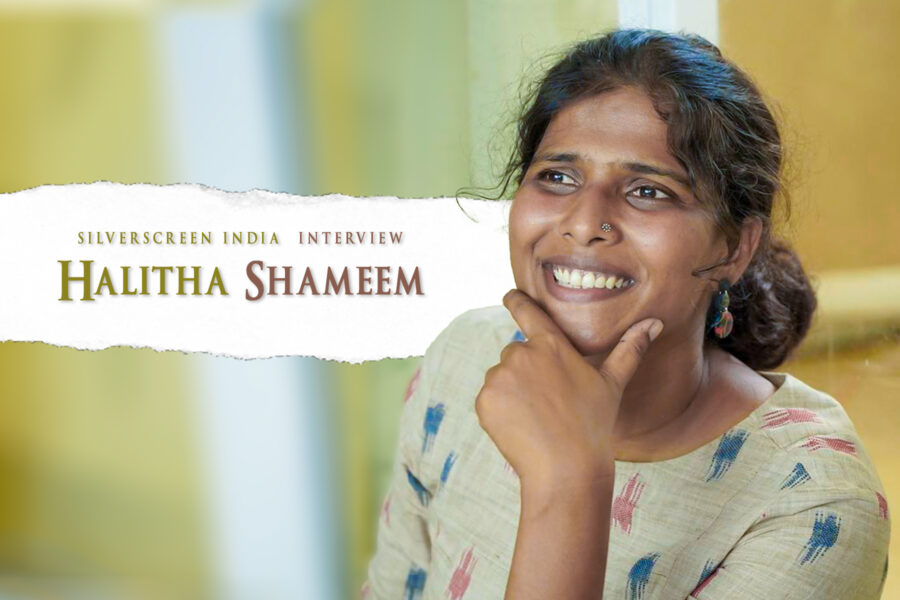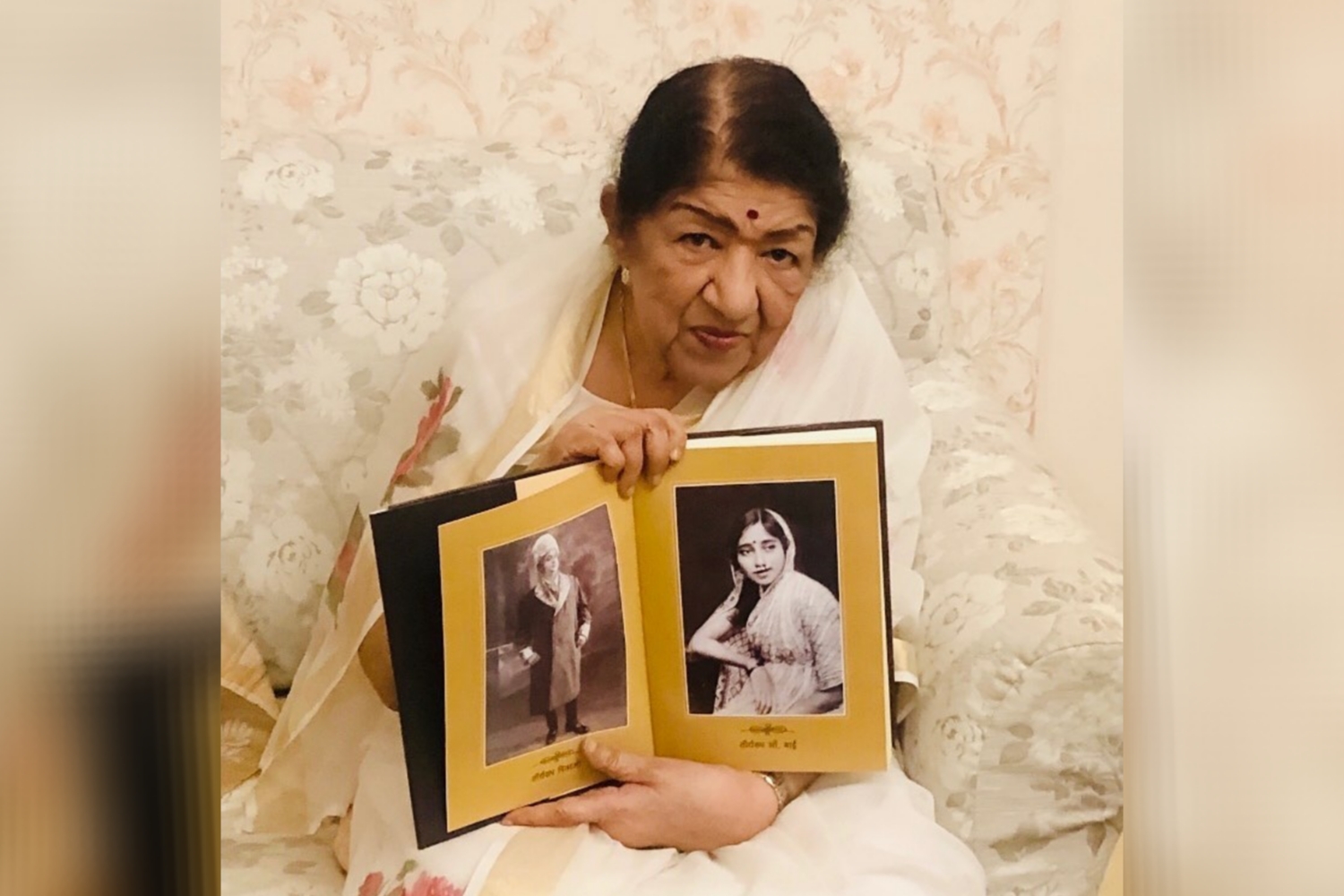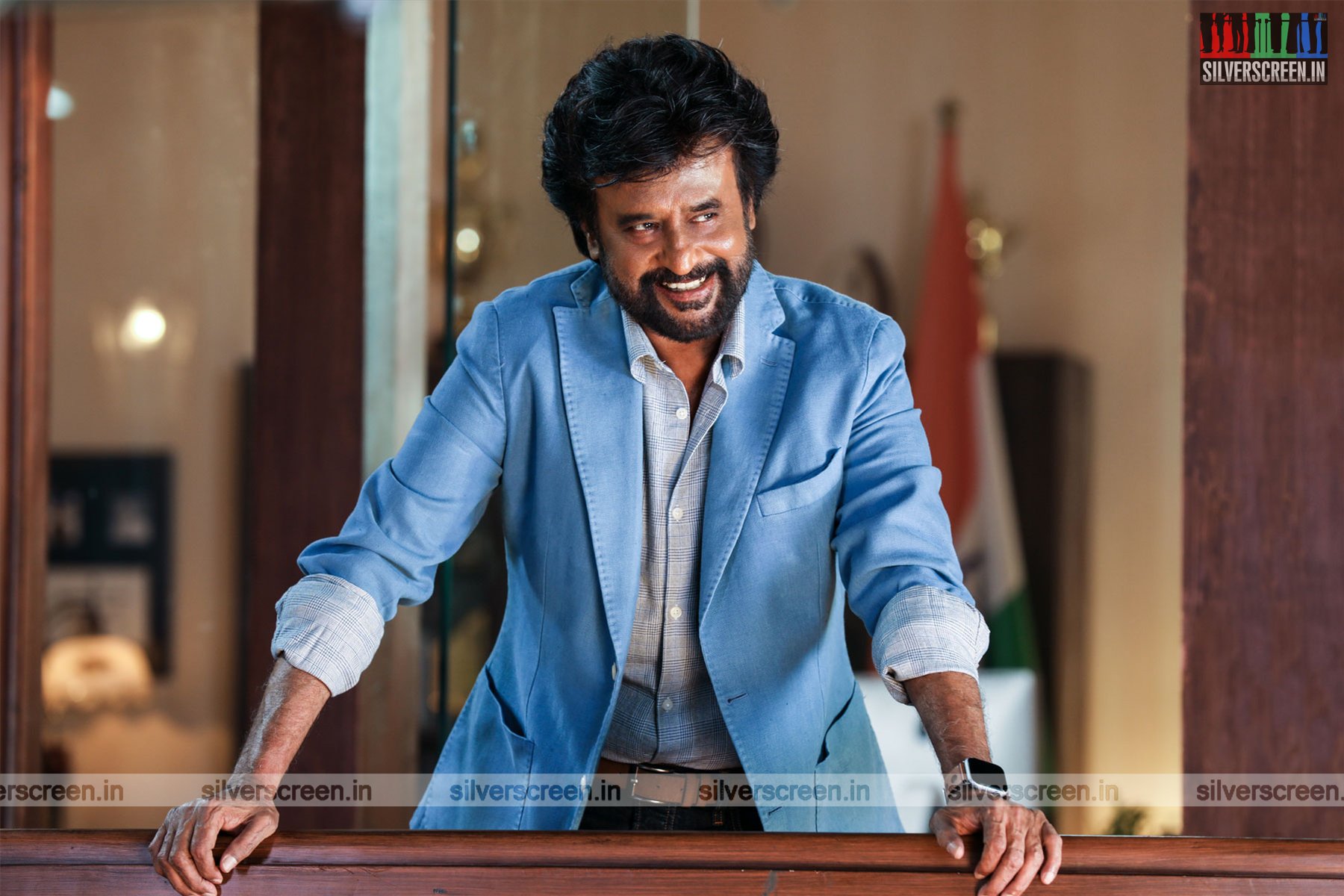Filmmaker Halitha Shameem, who helmed the segment Loners in the recent Tamil anthology Putham Pudhu Kaalai Vidiyaadhaa, says working on the short was a healing experience for her.
The offer to be part of the Amazon Prime anthology came during the second wave of the pandemic, a time when she was unable to think about writing anything. “It was in June 2021, a crucial time for me as my family was recovering from Covid-19. With the world turned upside down, I found myself struggling to write normal stories. But, I was able to write Loners and shoot it immediately. I was able to pour in everything I was feeling into this story. The process of writing it was personally healing. Once it shaped into a film, it felt like I had documented a piece of time,” says the filmmaker.
Following the release of Putham Pudhu Kaalai Vidiyaadhaa, Halitha sits down with Silverscreen India to talk about Loners, her fascination with human relationships and emotions, coping with the pandemic, and working on her dream project Minmini.
Loners follows the lives of two protagonists, a recently broken-up Nalla and new pet-parent Dheeran, who are dealing with loss and trauma in their respective lives. As they connect with each other online, amidst the pandemic, the couple begins to find solace through virtual and in-person conversations.
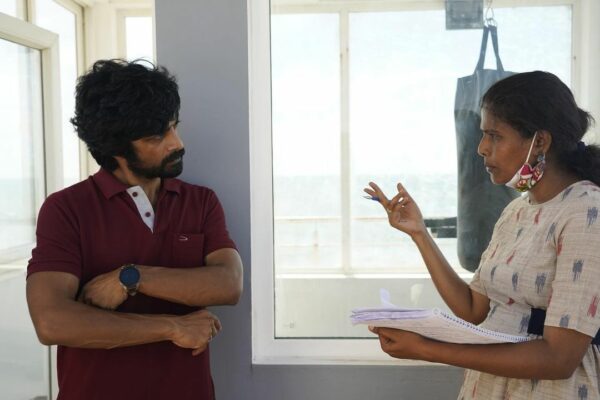
The film features Lijomol Jose as Nalla and Arjun Das as Dheeran. Halitha says that even before submitting the script, she could visualise the dialogues being spoken by Das. “I have not seen him actively on social media, but I came across a random photo posted by Vignarajan (director of Andhaghaaram) of Das sitting on a sofa. He seemed to have a soft personality, and I wanted to show that side of him, which films so far have not. When I saw him in person, he was gentle and had poise, which reaffirmed my selection,” she adds.
On casting Lijomol, the filmmaker says that she went through the actor’s social media, to understand her, before pitching the short to her. Halitha reveals that some scenes that Lijomol shot on her phone and sent over left her teary-eyed and she knew she had found her Nalla.
Besides the lead characters in Loners, social media also plays an important role, as the protagonists connect with each other through it. From sharing light-hearted moments to exchanging empathy, the short extensively portrays a connection that is formed virtually.
Halitha says she did not have any inhibitions about representing empathy, trauma, and human comfort through a virtual connection. On the contrary, it was what got her excited. The Zoom call moments were in fact most touching ones to execute, she adds.
“During the pandemic, people laughed at memes online, there were ‘Clubhouses’ and ‘Spaces’, and a lot of consumption of social media. It was also a way to share grief and help each other. At such times, social media was seen in a useful, positive light. Phones were like a window to all, and that is what I wanted to portray,” says the director.

Putham Pudhu Kaalai Vidiyaadhaa is not the first anthology that Halitha has been a part of. Before that came Sillu Karuppatti, an anthology of four segments depicting romance, all written and directed by her.
“I gained different experiences from both. When I helmed all the segments, I had confidence that I could make at least two of them connect with the audience, even if they did not like the others. That’s not the case when you’re working on only one short in an anthology. On the other hand, it takes less time this way and at the same time, a lot of talented people can come together to make a rewarding film,” she says, adding that the anthology format needs to be explored more in Tamil cinema.
Halitha also observes that while full-length feature films are difficult to execute during the pandemic, anthologies work out better since they consist of multiple shorts that can be shot individually by smaller crews.
On filming during the pandemic, she adds, “It is tough for a filmmaker to shoot with such limitations, but we all are here fighting for survival.”
Asked about her own experience during the pandemic, she says, “During the first wave, we did not know the seriousness of the pandemic. Then, I felt the helplessness when I was unable to extend support to the many who had it worse than me, like the migrant labourers. On the other hand, my films like Sillu Karuppatti were being watched by many people across states, and that felt good.”
“The second wave was very bad, both personally as well as on the outside. That was when I felt an existential crisis, and even as I’m still coping with that, the third wave seems to be upon us.”
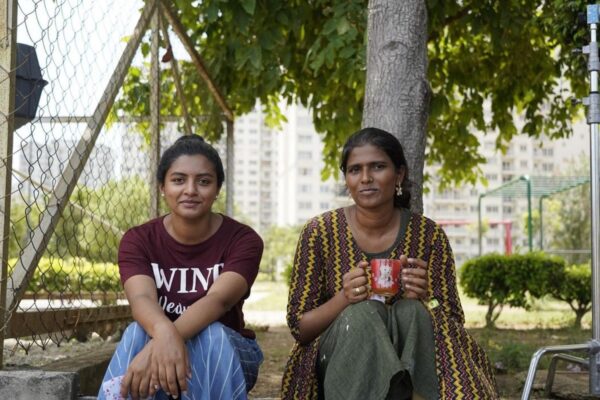
Halitha is set to resume work on her dream project, Minmini, next. The film went on floors in 2015 and it stars child artists from her debut film, Poovarasam Peepee. “The first half of the film has been shot and I was waiting for them to grow up to shoot the rest. It is a coming-of-age film about survivors’ guilt. Young adults are quite emotional, and the film is about how two young people carry survivor’s guilt,” she says, adding that she plans to resume shooting for Minmini in May.
Halitha’s films, be it Aelay that explores a father-son relationship, or Sillu Karuppatti that depicts romantic relationships through crushes and post-marital connections, and now Loners, seem to mainly revolve around human emotions. She says this is because she is more connected to that ‘human element’ in a story and finds a purpose in it.
Recommended
“I find a personal joy in connecting with people through my films. I recently received a message from someone who said that they watch my films when they feel low, and find it helpful and therapeutic. After watching Hey Ammu (from Sillu Karuppatti), a lot of women said that they made their husbands watch the film. I am happy and satisfied when my work makes such an impact and touches people in some way or the other,” she adds.
However, the filmmaker also says that she doesn’t want to limit herself within this slice-of-life space. “So far, I am viewed as a filmmaker of ‘feel-good’ films, but I have a lot more stories to tell outside that genre too. I want to talk about urban poverty and would like to work on films that have a purpose. For example, I ended Kakka Kadi (one of the segments in Sillu Karupatti) on the note that certain cancers are curable. It might be a small thing, but I’d like to do films that have a purpose,” she signs off.
